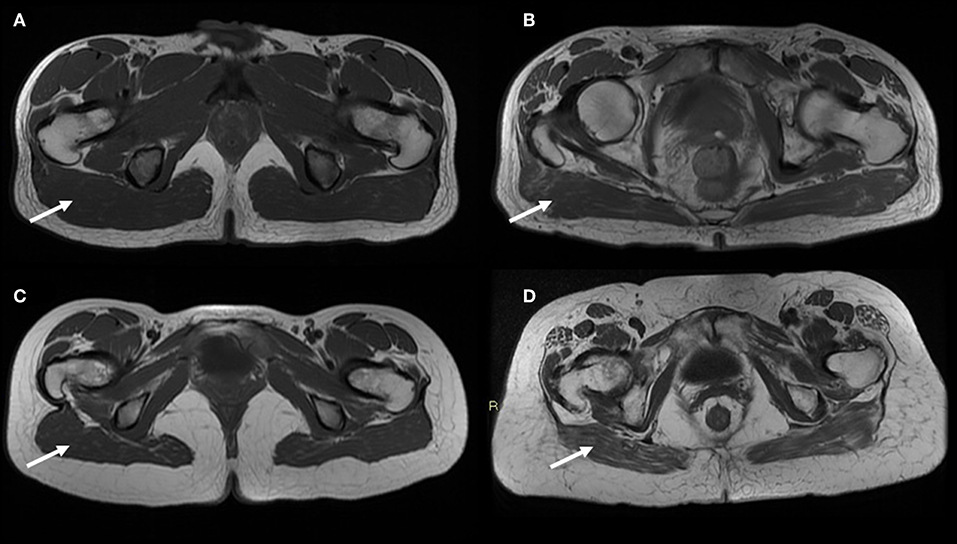Table of Contents:
1. Introduction
2. Weight vs. Body Composition
3. The Weight Loss Journey
4. Body Composition and Exercise
5. Exercise and Health: A Winning Combination
6. Conclusion
7. FAQs
1. Introduction
As a professional and expert advisor in Exercise Science, I have witnessed the misconceptions and pitfalls surrounding the concept of weight loss. In today’s society, weight loss has become synonymous with unrealistic ideals and a superficial approach to health. However, true weight management goes beyond numbers on a scale. In this article, I will shed light on what weight truly represents, its impact on overall health, and how exercise can play a crucial role in weight management.
2. Weight vs. Body Composition
Weight, often measured in kilograms (Kg), is commonly misunderstood as a direct indicator of an object’s mass. However, weight is technically the force an object exerts due to the gravitational constant and is measured in Newtons (N). It does not describe an object’s shape, volume, or composition. To understand weight accurately, we must delve into the concept of body composition.
Body composition refers to the distribution of different tissues and structures within the body, including bone, muscle, fat, and residual tissue. These components vary in density and volume, just like a kilogram of iron wrapped in a kilogram of straw. The distribution of mass within the body is what truly matters, rather than the pure weight itself. Understanding body composition provides a more accurate and comprehensive picture of an individual’s health and potential avenues for improvement.
3. The Weight Loss Journey
Is solely tracking body weight a reliable marker during the weight loss journey? The answer is not as straightforward as it may seem. Focusing solely on reducing body weight can be misleading and demotivating if we fail to consider the bigger picture. Short-term fluctuations in body weight can occur without significant changes in body composition. Therefore, a holistic approach is necessary to achieve sustainable results.
Weight loss, often pursued for aesthetic purposes, can have detrimental effects on overall health if not approached properly. It involves the loss of all components of body composition and can lead to long-term negative consequences such as reduced bone density, muscle mass loss, organ dysfunction, and metabolic alterations. A shift in perspective is crucial to understanding that weight loss should not be the sole goal; rather, it should be a byproduct of a journey towards overall health and fitness.
4. Body Composition and Exercise
It is important to distinguish between weight loss and fat loss. Weight loss affects all components of body composition, while fat loss specifically targets the reduction of adipose tissue. Achieving fat loss requires an optimized energy balance, increased total energy expenditure, and enhanced muscle tissue activity through physical activity and exercise.
Exercise serves as a powerful tool to modify and improve body composition. It triggers muscle tissue activity, resulting in increased metabolism and overall energy expenditure. Furthermore, exercise enhances bone density, increases muscle mass, and reduces fat tissue, among many other health benefits. Embracing exercise as part of a holistic health and fitness approach is crucial for achieving optimal body composition.

5. Exercise and Health: A Winning Combination
Exercise and physical activity play pivotal roles in maintaining overall health and well-being. By making health the primary goal, weight management and other desired outcomes naturally follow. Strength & Conditioning programs, encompassing various attributes and exercise progressions, contribute to body composition distribution, healthy habits, and enhanced fitness.
Physical activity regulates energy balance by increasing energy expenditure. Exercise programs targeting metabolism progressions, cardiovascular fitness, and, most importantly, resistance training can have profound effects on muscle strength, endurance, and metabolic efficiency. Additionally, Strength & Conditioning programs help prevent injuries and offer tailored preventive strategies for various scenarios, such as deconditioning, overweight conditions, or athletic development. For optimal results, personalized programs should be considered, and supervision by an Exercise Science Professional is highly recommended.
6. Conclusion
Weight loss should not be the sole focus when embarking on a journey towards better health. By understanding the concept of body composition and embracing exercise as a means to improve overall health and well-being, we can achieve sustainable results. Remember, exercise is not merely a tool for weight management but a catalyst for positive physiological and structural adaptations. Embrace exercise, prioritize health, and let weight loss become a byproduct of your holistic fitness journey.
7. FAQs
Q1: How can exercise contribute to weight management?
A1: Exercise plays a crucial role in weight management by increasing energy expenditure, optimizing metabolism, and enhancing muscle tissue activity. It promotes fat loss and improves overall body composition, leading to sustainable weight management.
Q2: Can weight loss be achieved without exercise?
A2: While weight loss can occur without exercise through calorie restriction alone, it may not be sustainable or beneficial for overall health. Exercise complements a healthy diet and promotes fat loss while preserving muscle mass and improving metabolic function.
Q3: Is weight loss the only goal of exercise?
A3: No, weight loss is just one potential outcome of exercise. The primary goal of exercise should be to improve overall health, fitness, and body composition. Weight loss may naturally occur as a result of these positive changes.
Q4: Can personalized exercise programs enhance weight loss results?
A4: Yes, personalized exercise programs tailored to individual goals, needs, and preferences can optimize weight loss results. These programs can incorporate a variety of exercises, including resistance training, cardiovascular activities, and flexibility exercises, to maximize fat loss and improve overall body composition.
Q5: How can ATHL help me with my weight loss journey?
A5: ATHL offers personalized online fitness programs designed to meet individual goals and optimize weight loss outcomes. With a focus on comprehensive training, ATHL’s innovative platform provides customized workouts, expert coaching, and holistic support for a successful weight loss journey.





